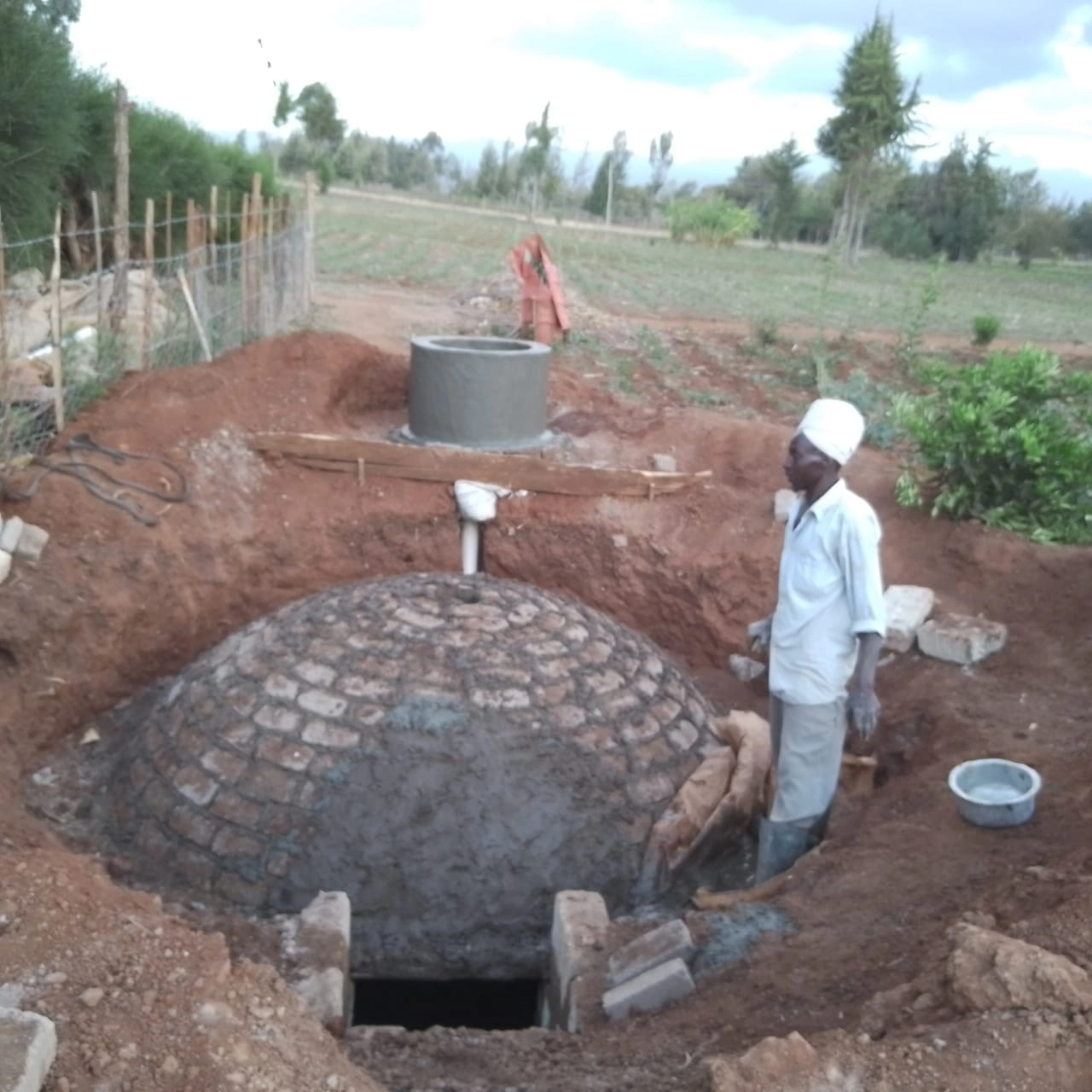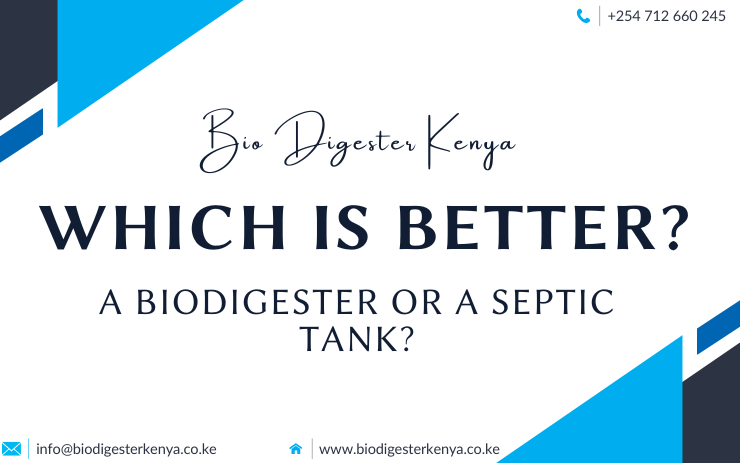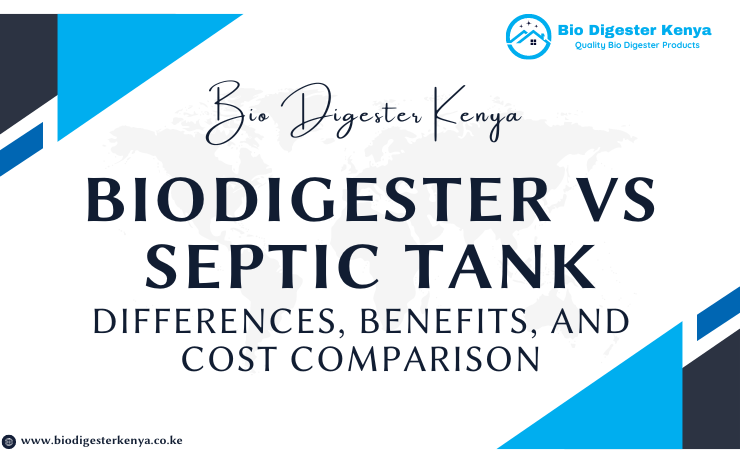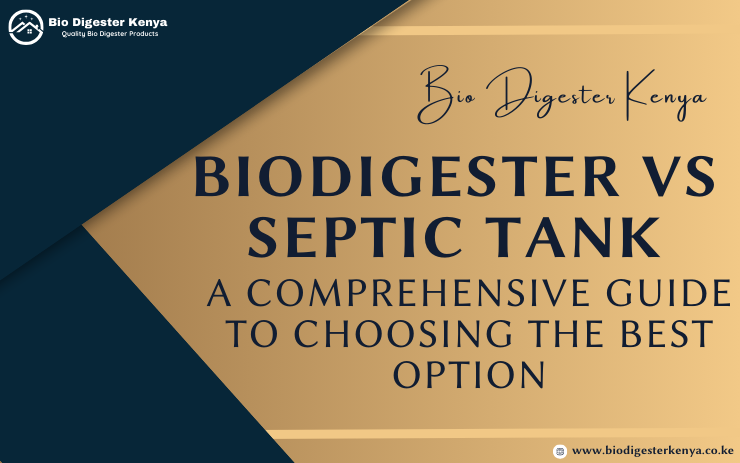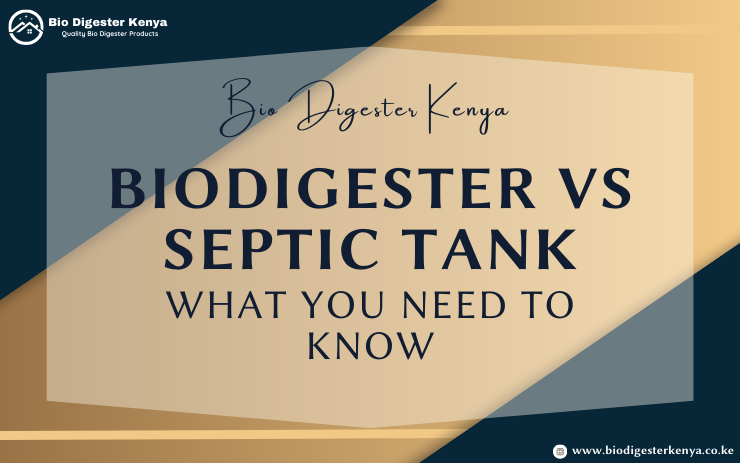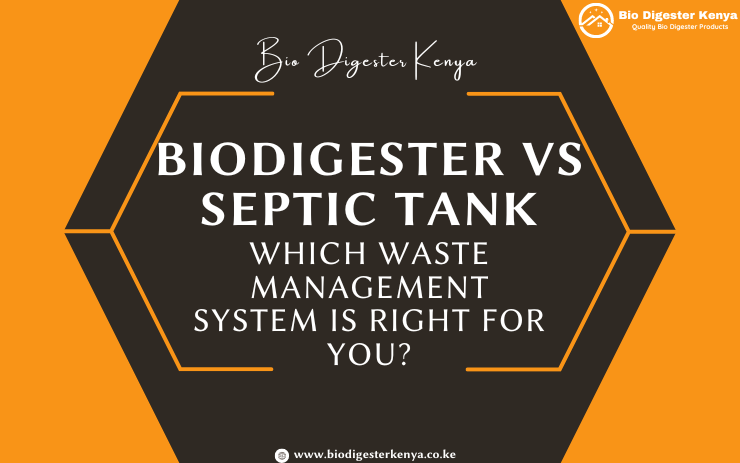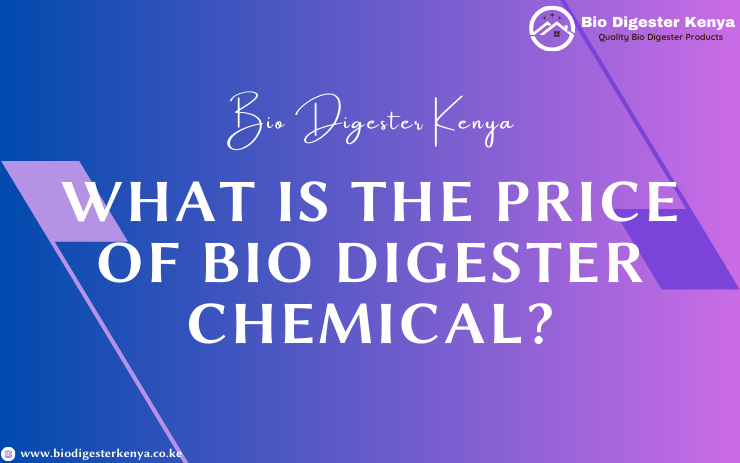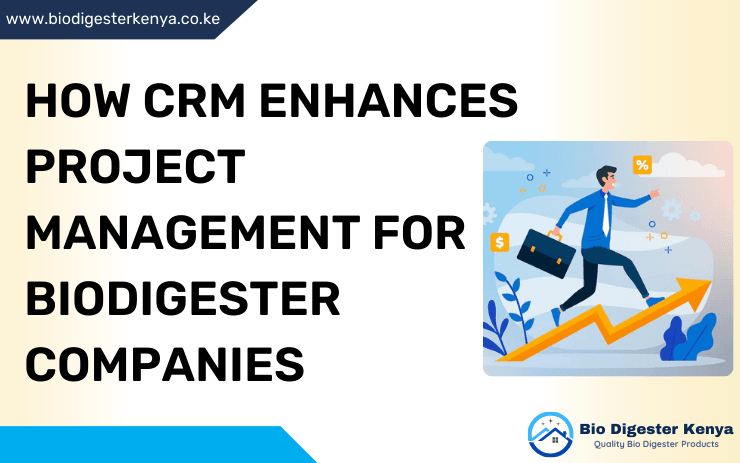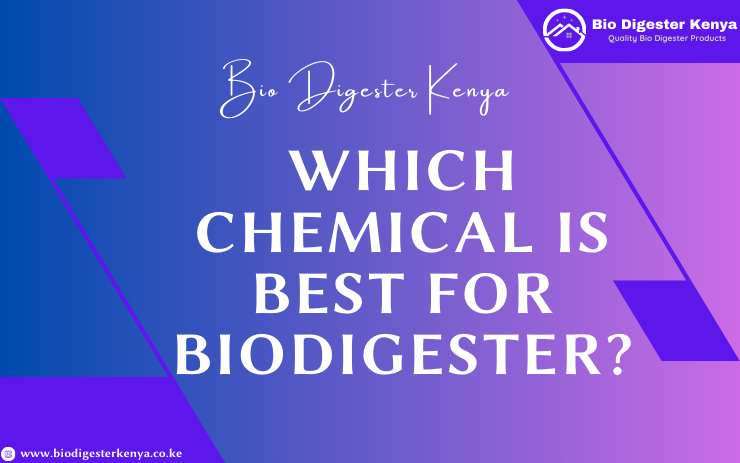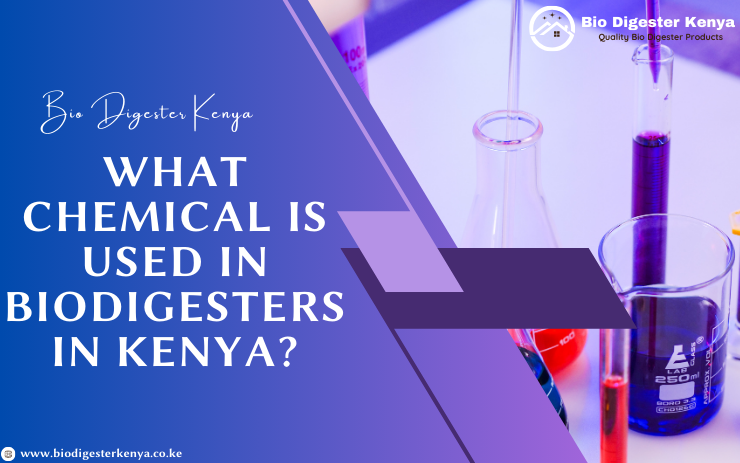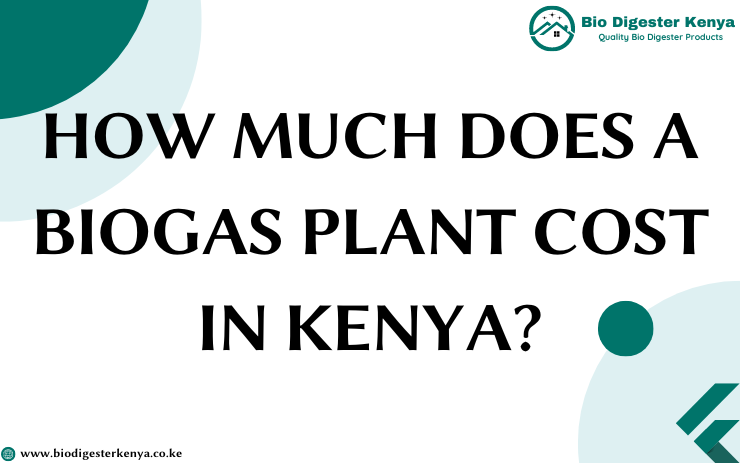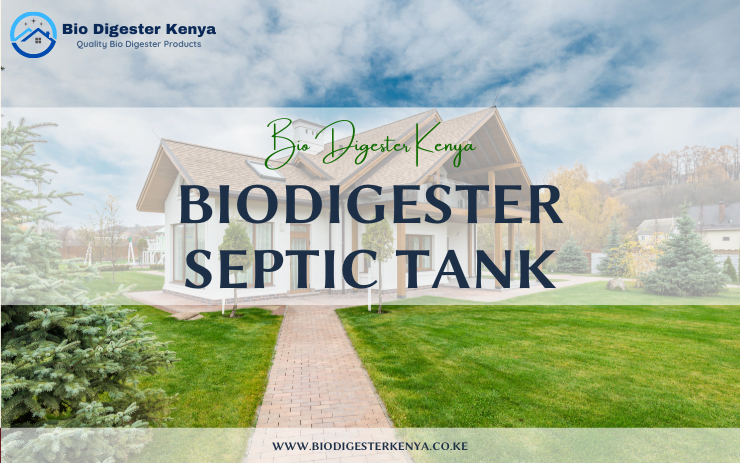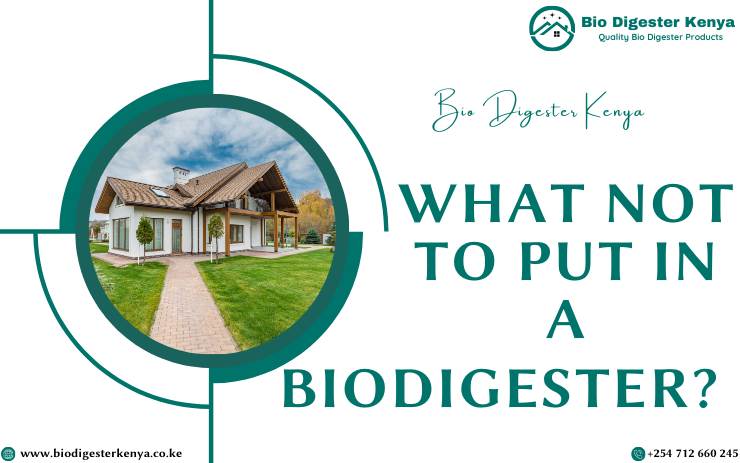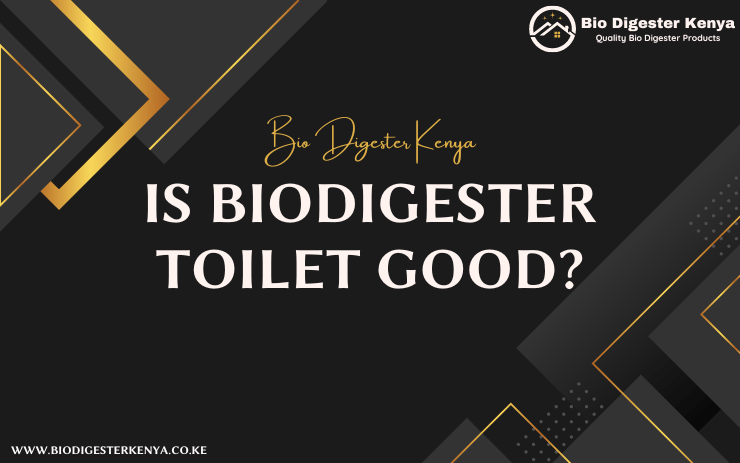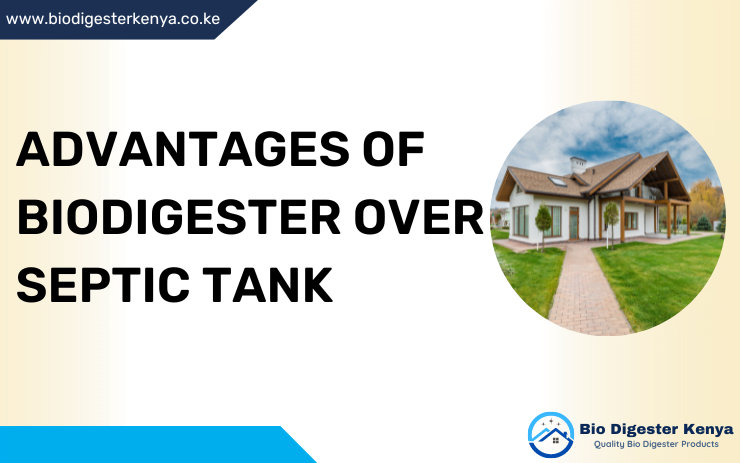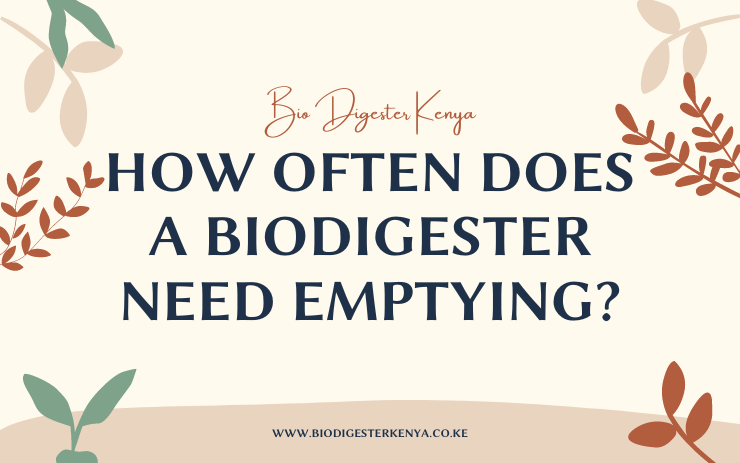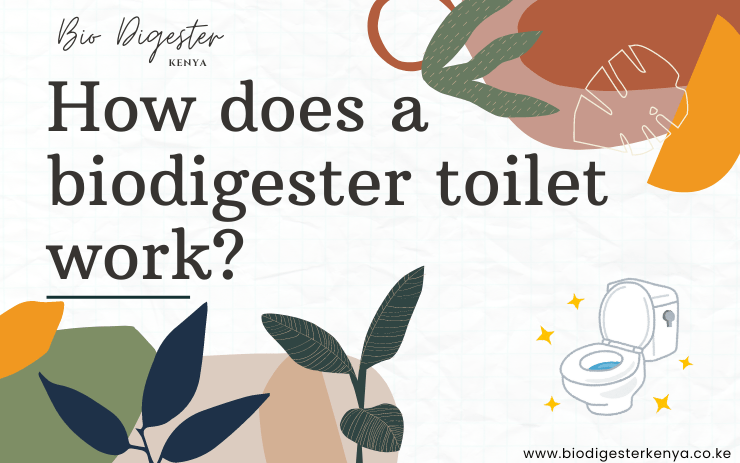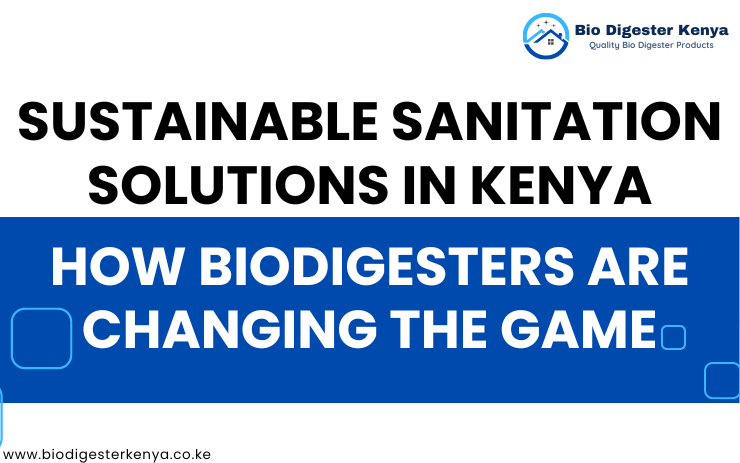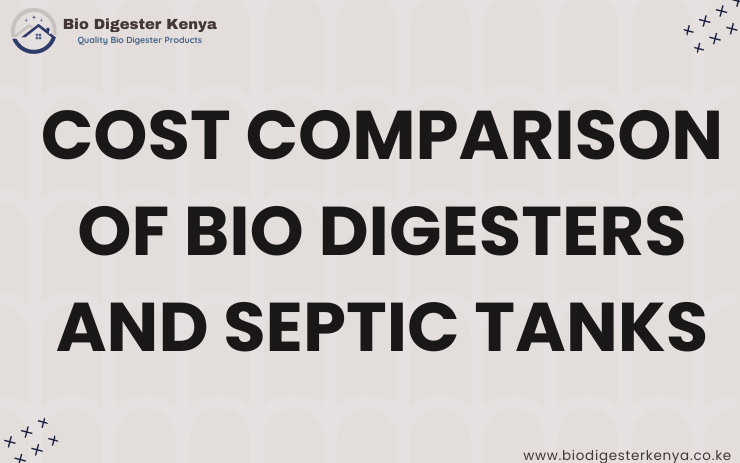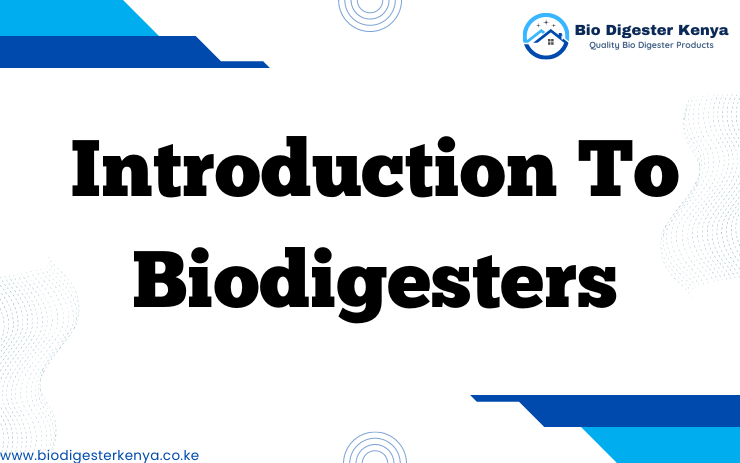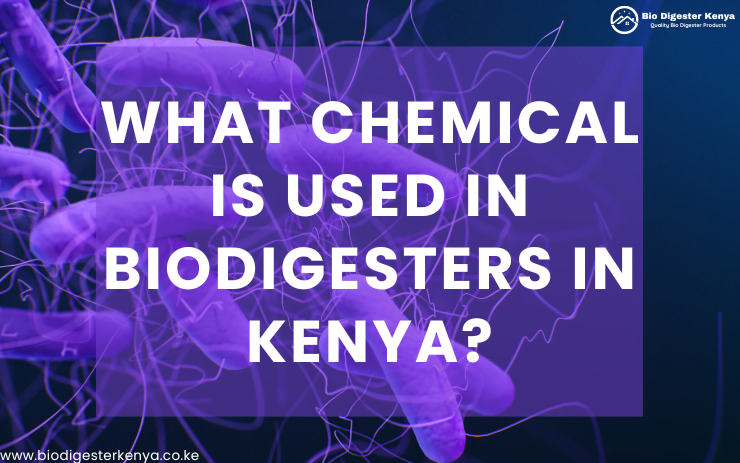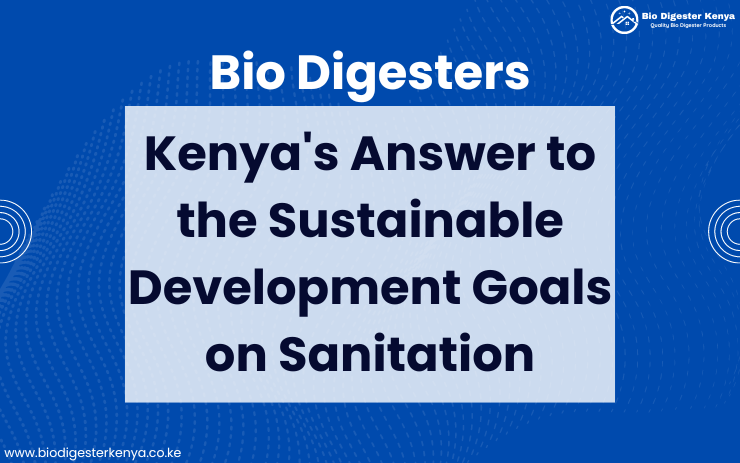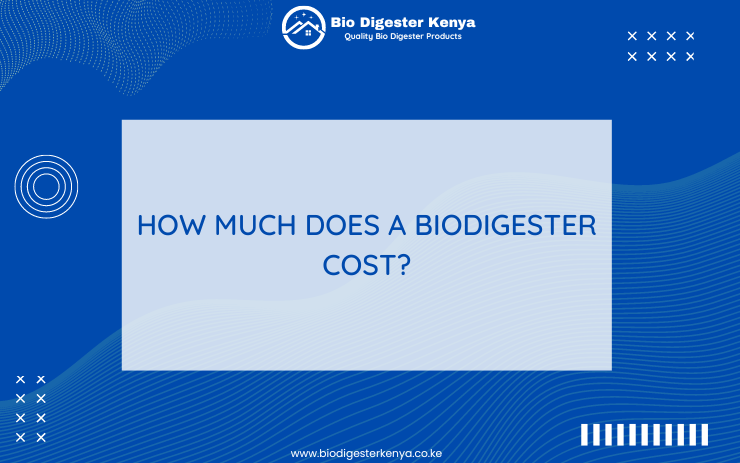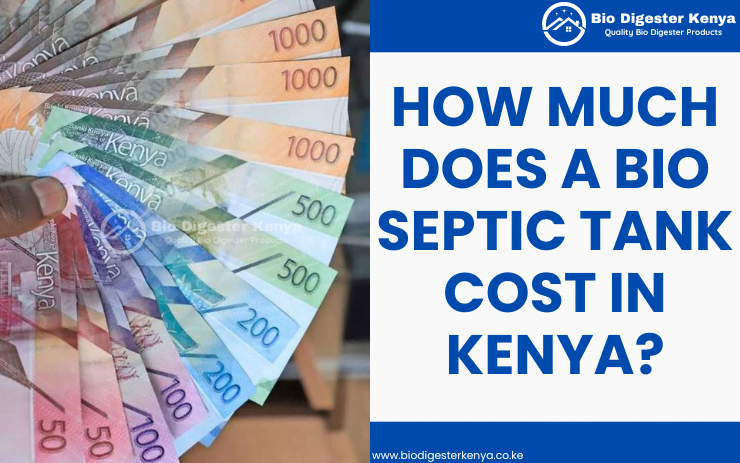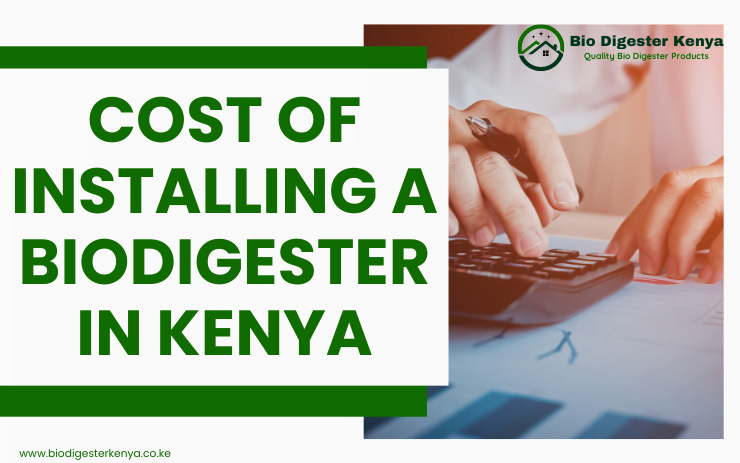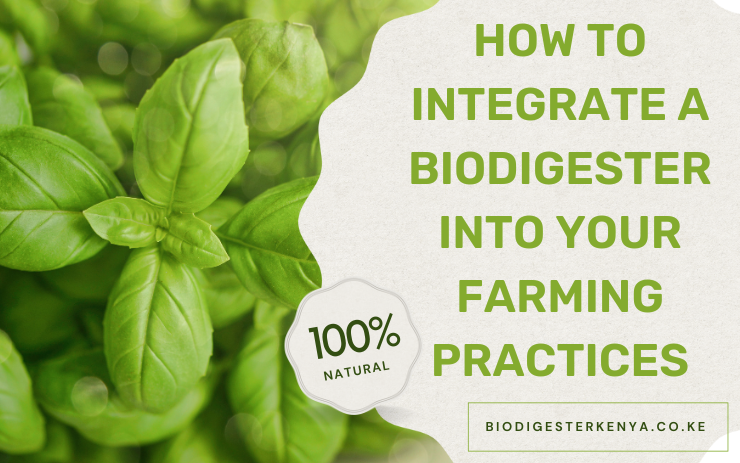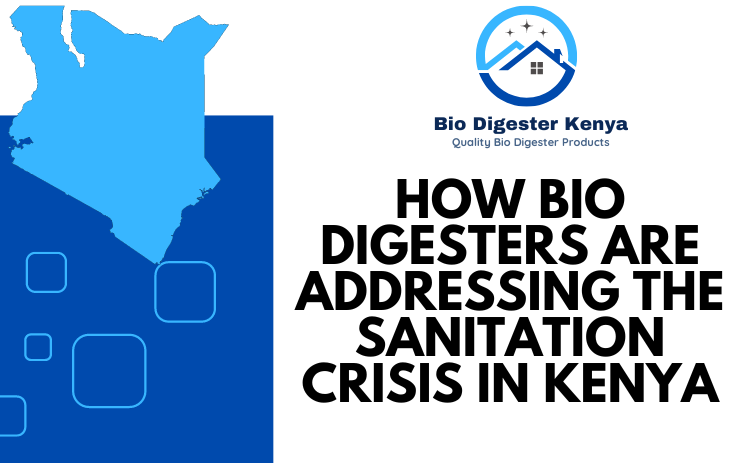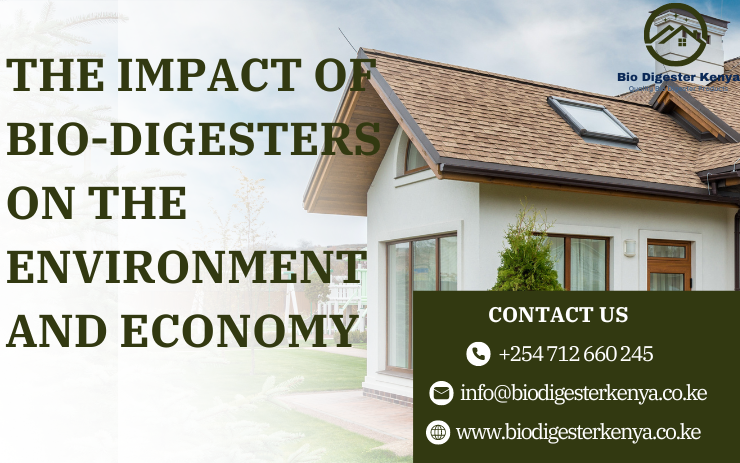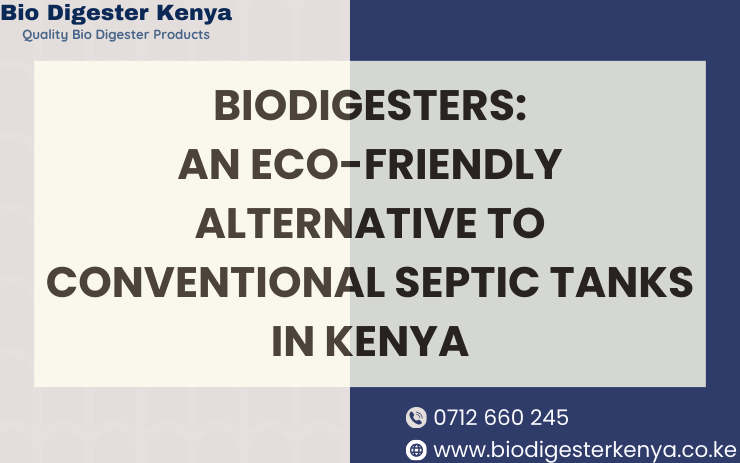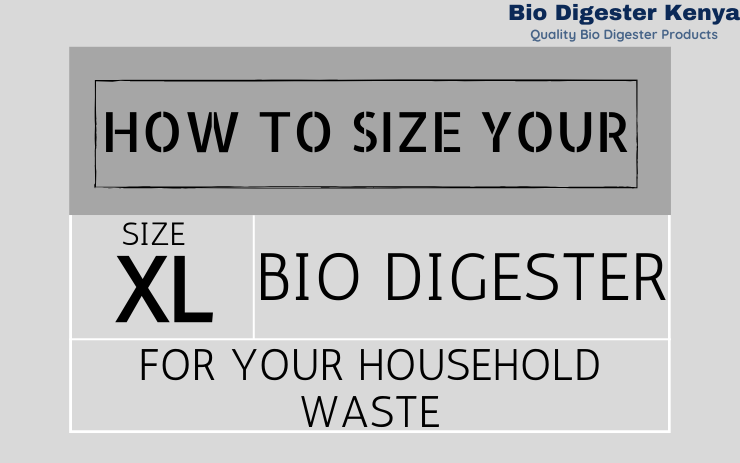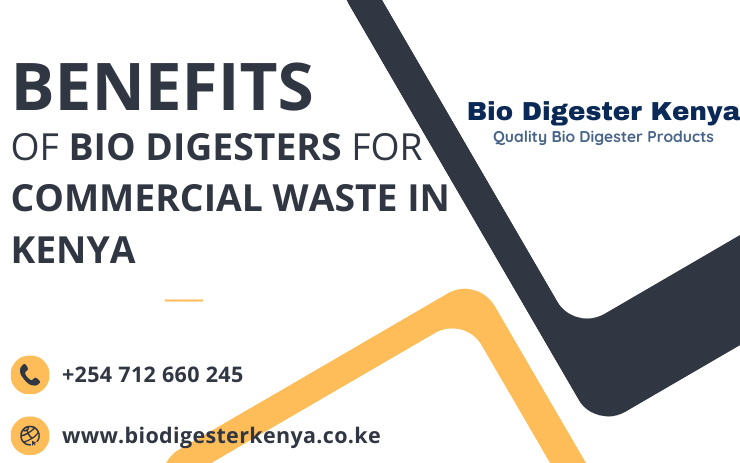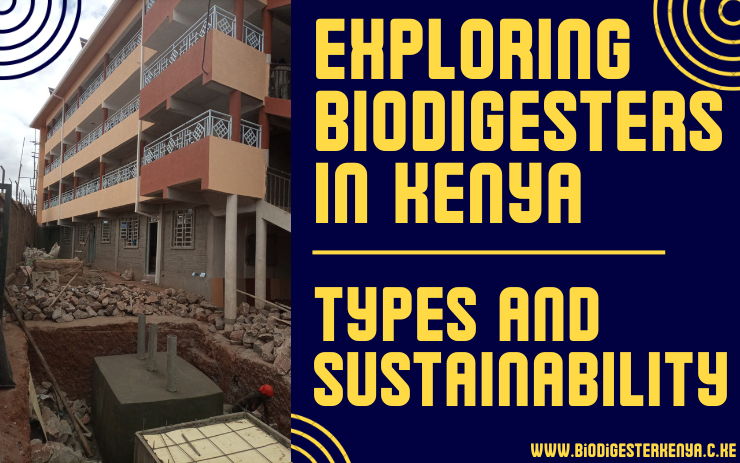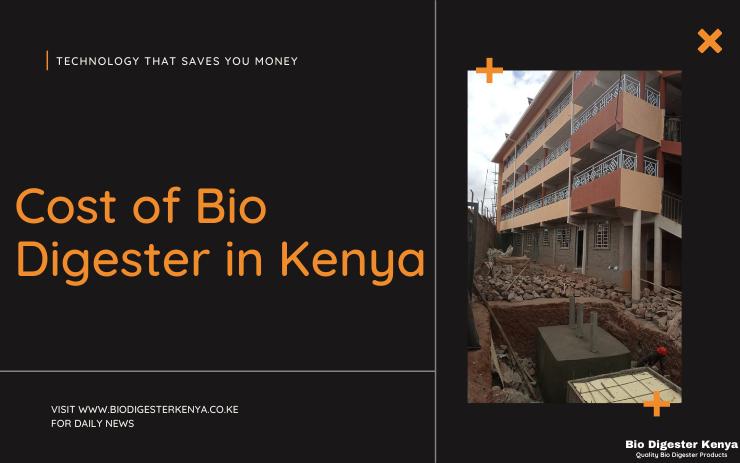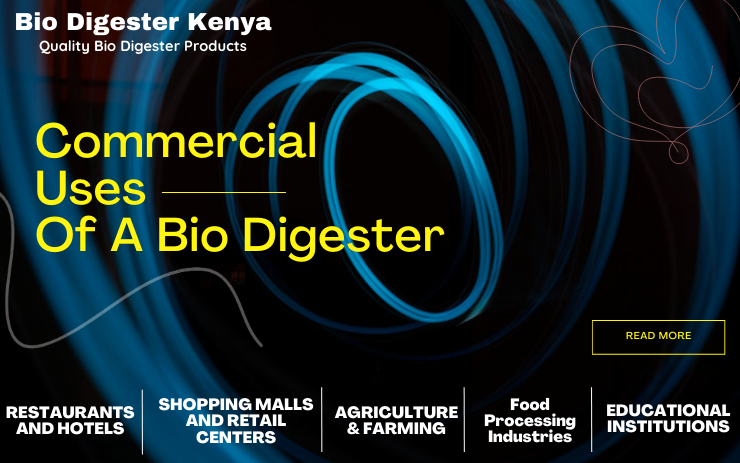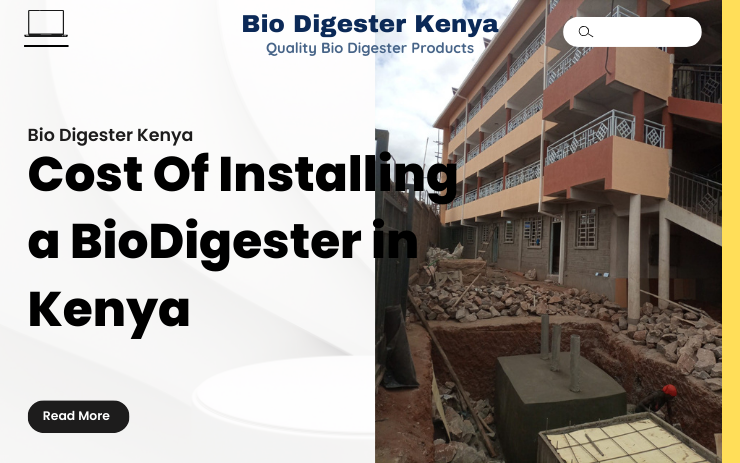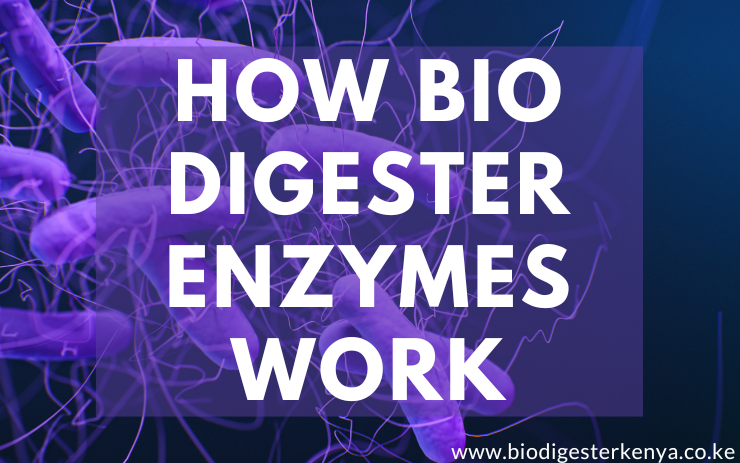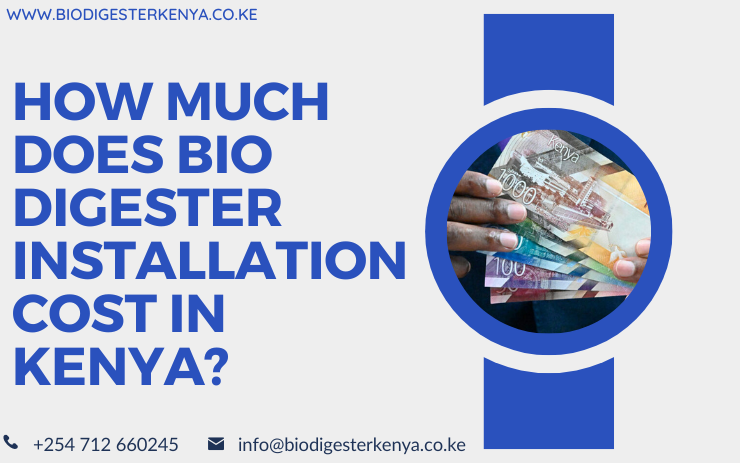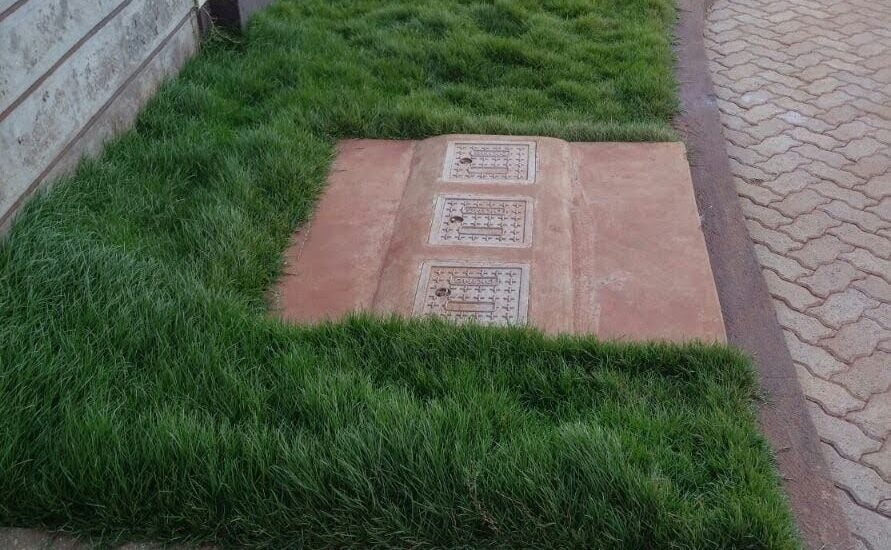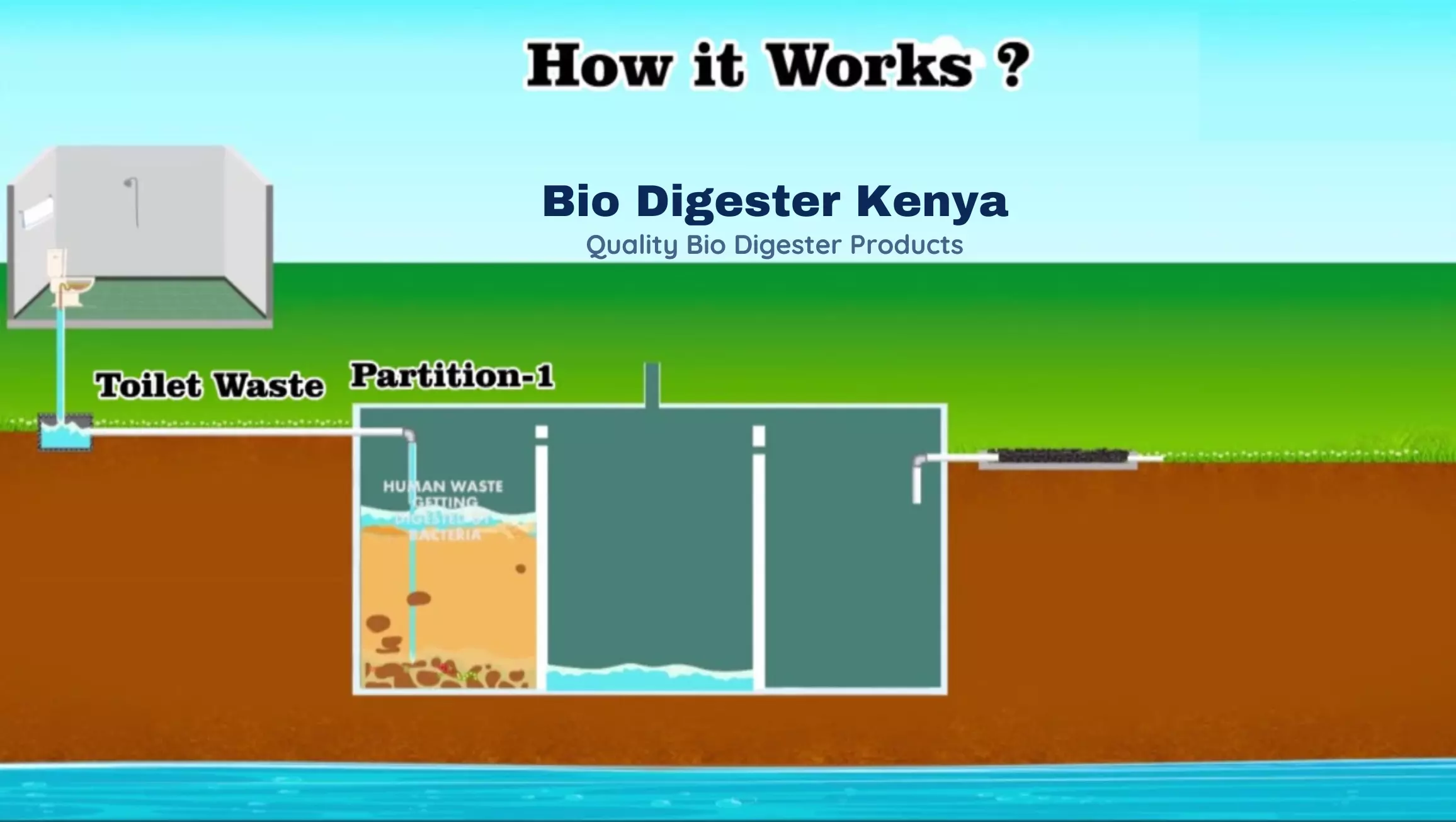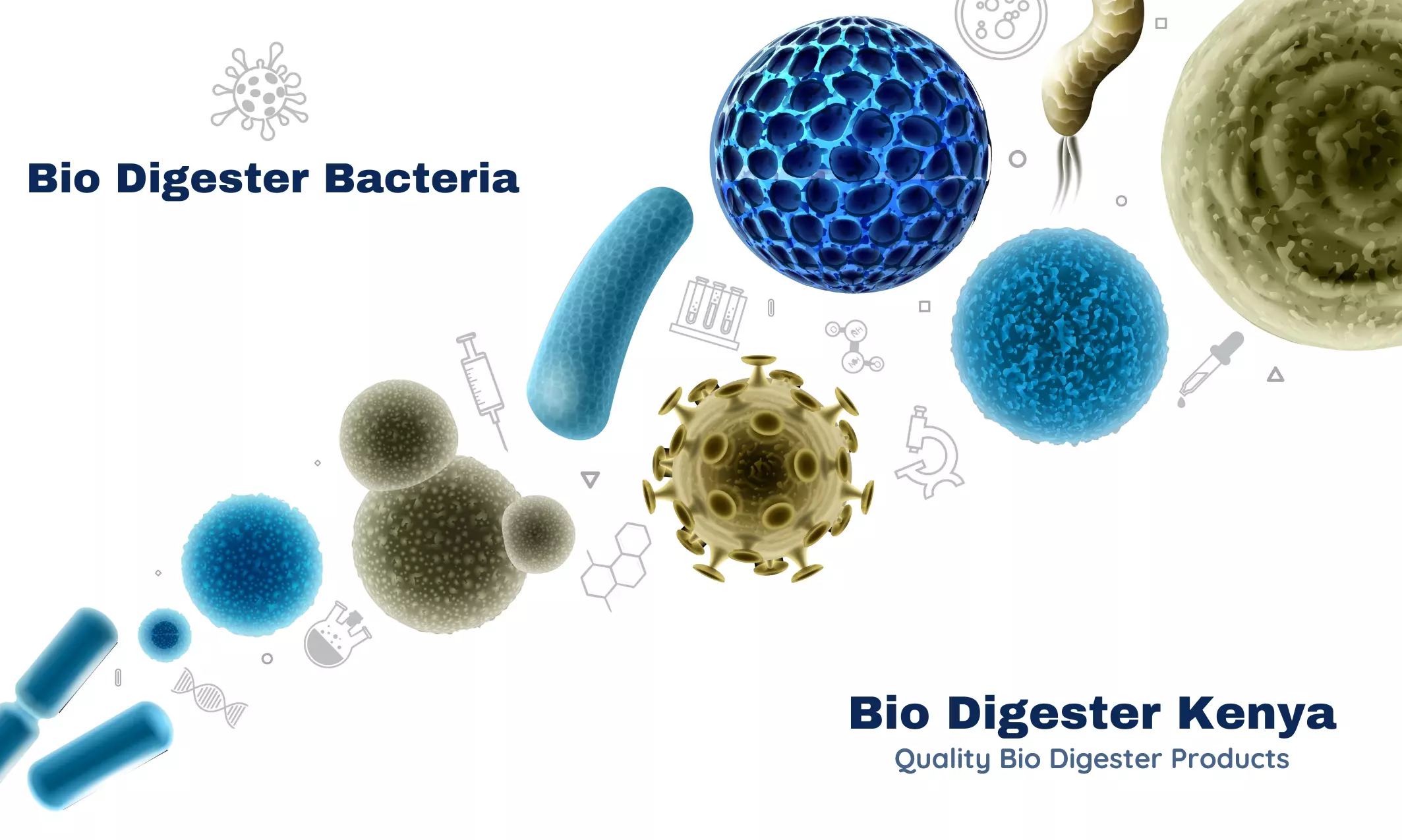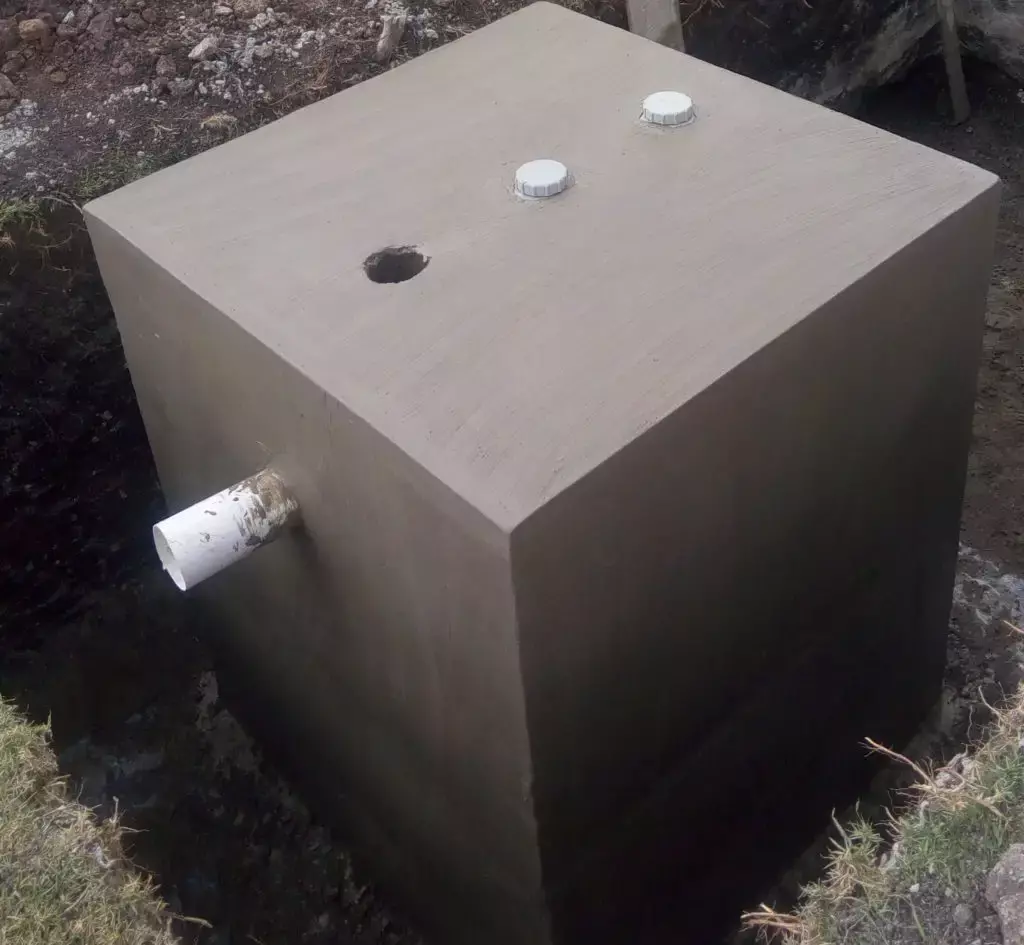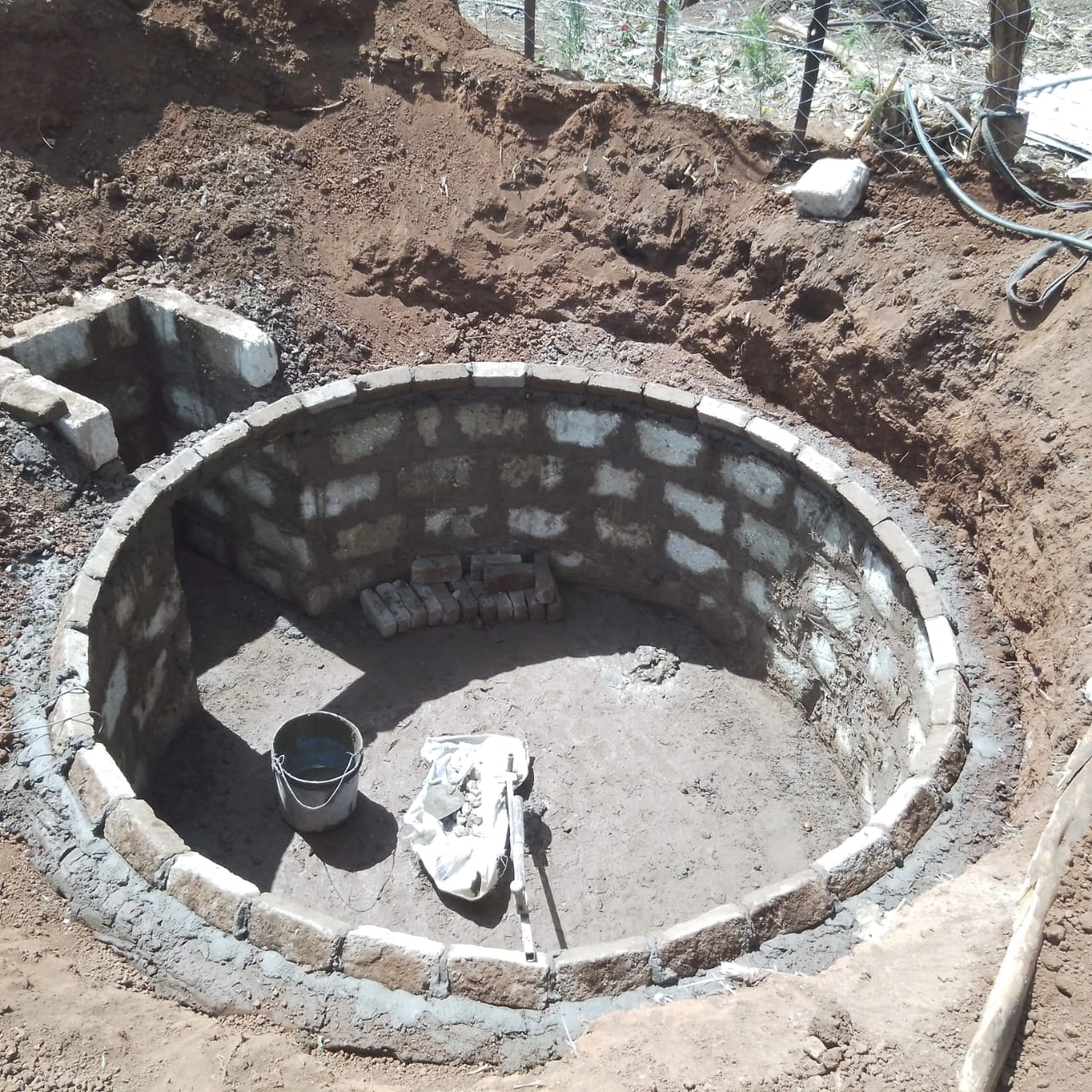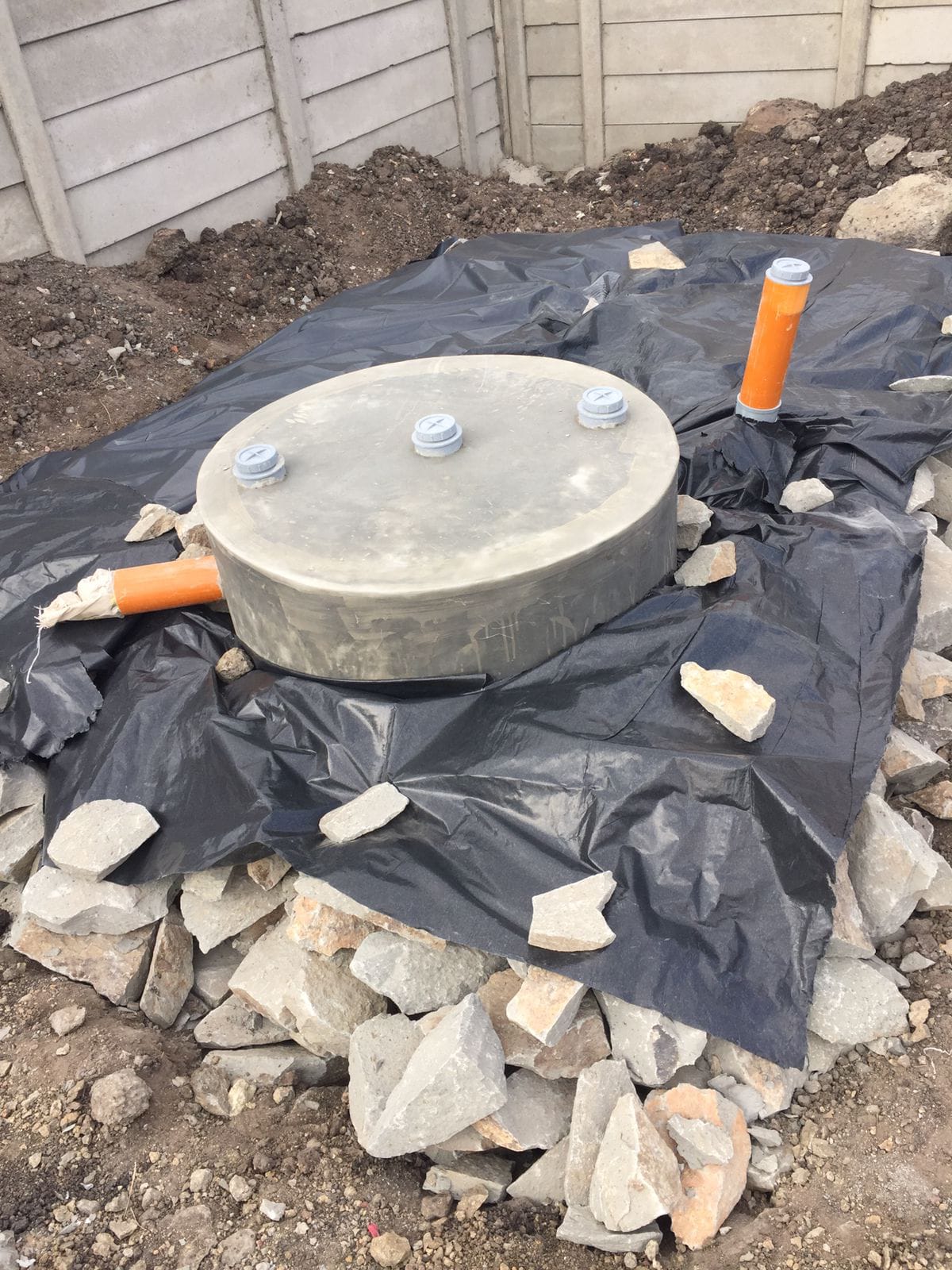Are you looking for an eco-friendly and cost-effective way to manage organic waste on your farm? Look no further than bio digesters! Bio digesters are an innovative solution that can revolutionize the way you handle organic waste in agriculture. In this article, we’ll explore the benefits of using bio digesters in agriculture and how they can improve your farming practices.
What Is a Bio Digester?
A bio digester is a container that utilizes microorganisms to break down organic waste into biogas and a nutrient-rich fertilizer known as digestate. It is a self-sustaining system that operates through anaerobic digestion, a process that decomposes organic matter in the absence of oxygen.
The Benefits of Using Bio Digesters in Agriculture
- Reduces Organic Waste
Bio digesters are an eco-friendly solution to managing organic waste on your farm. They can efficiently convert a variety of organic materials, including animal manure, crop residues, and food waste, into biogas and digestate. This can significantly reduce the amount of organic waste generated on your farm, promoting a cleaner and healthier environment.
- Generates Biogas for Energy
The biogas produced by bio digesters can be used as an energy source for heating, electricity, and cooking. This renewable energy source can help you save money on fuel costs and reduce your carbon footprint. You can even sell excess biogas to generate additional income for your farm.
- Produces High-Quality Fertilizer
The digestate produced by bio digesters is a nutrient-rich fertilizer that can be used to improve soil health and promote plant growth. It contains essential nutrients such as nitrogen, phosphorus, and potassium, which can enhance crop yields and reduce the need for chemical fertilizers.
- Reduces Greenhouse Gas Emissions
By converting organic waste into biogas, bio digesters can significantly reduce greenhouse gas emissions. Methane, a potent greenhouse gas, is produced during the decomposition of organic matter in landfills and can have a harmful impact on the environment. Bio digesters prevent the release of methane into the atmosphere, making them a valuable tool in the fight against climate change.
- Improves Farm Economics
Using bio digesters can have a positive impact on your farm economics. By reducing waste management costs and generating energy and fertilizer, bio digesters can provide a valuable source of additional income for your farm.
FAQs
Q: What types of organic waste can be used in a bio digester?
A: Bio digesters can process a variety of organic waste, including animal manure, crop residues, food waste, and wastewater.
Q: How much biogas can a bio digester produce?
A: The amount of biogas produced by a bio digester depends on several factors, including the type and quantity of organic waste being processed, the temperature of the digester, and the efficiency of the system.
Q: Are bio digesters expensive to install and maintain?
A: The cost of installing and maintaining a bio digester can vary depending on the size of the system and the specific needs of your farm. However, many farmers find that the long-term benefits of using a bio digester far outweigh the initial costs.
Q: Can bio digesters be used in small-scale farming?
A: Yes, bio digesters can be used in small-scale farming operations, and can be tailored to fit the specific needs of your farm.
Q: Are there any environmental benefits to using bio digesters?
A: Yes, bio digesters can significantly reduce greenhouse gas emissions by preventing the
